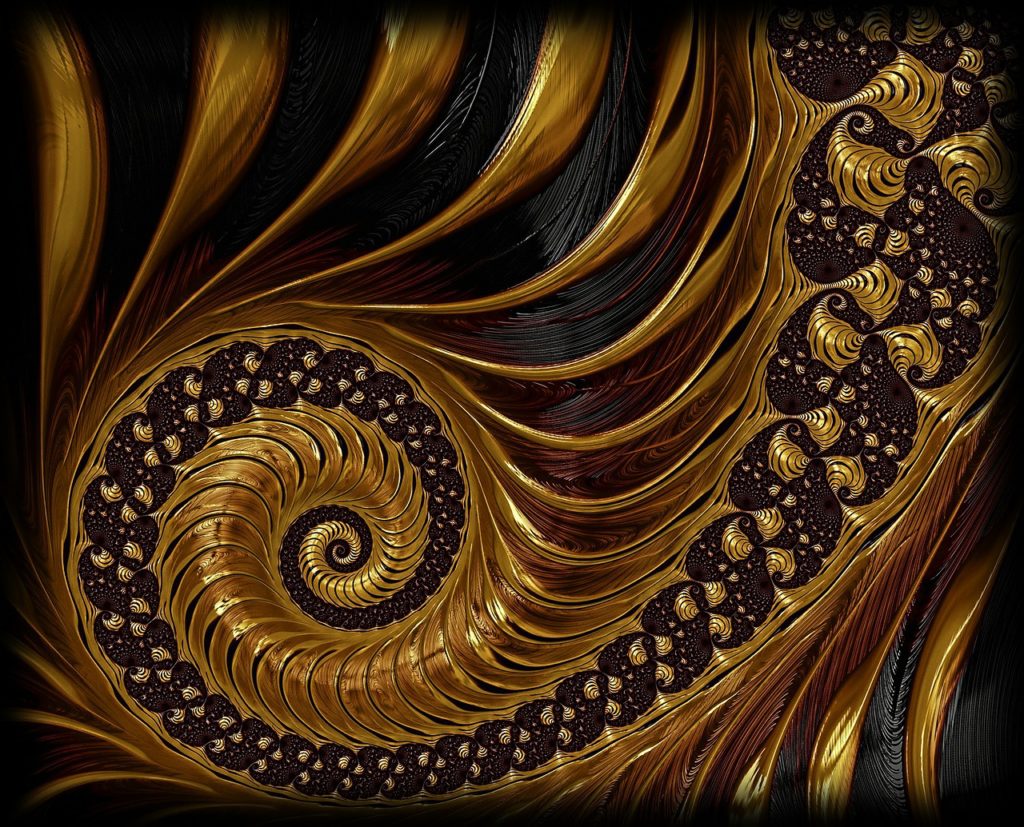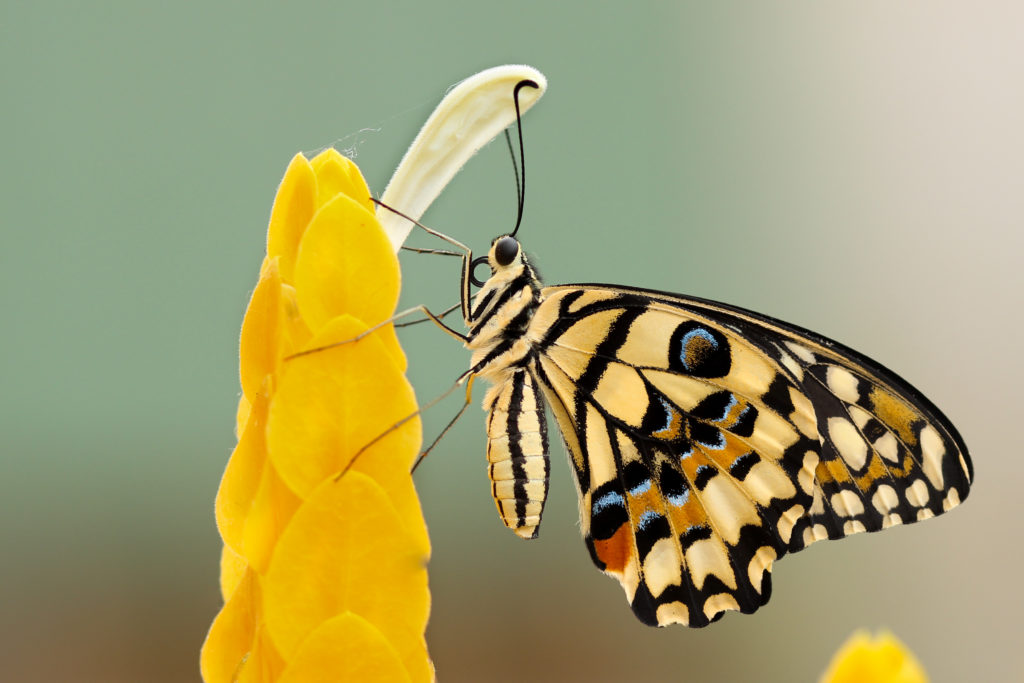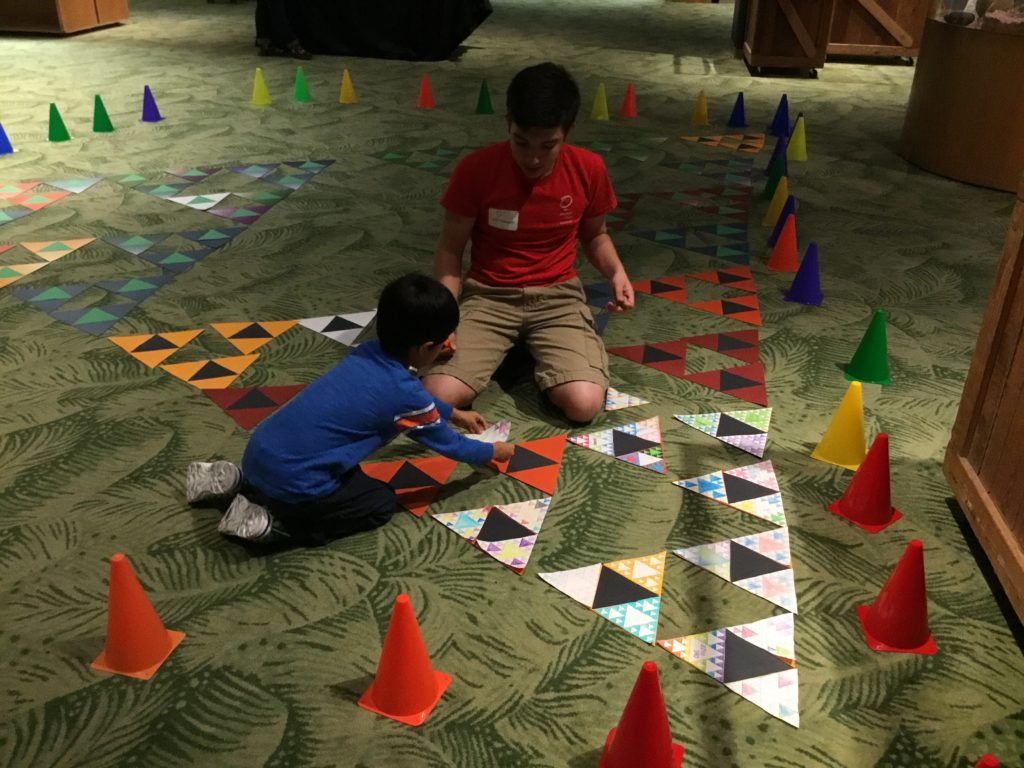What if we told you that mathematics was more than just an academic subject? Sure, a knowledge of mathematics is a practical skill that can play the foundation in many engineering applications, and it is mathematics that powers computers, factories, and all virtual reality today, but math is so much more than that.
As Harvey Mudd Professor Francis Su put it so elegantly in his January farewell speech to the MAA, mathematics is for human flourishing; an essential element to a well-lived life. One could say it is part of the basis of life. It is part of what human beings need in order to live out their potential: happy, fulfilled lives that are full of beauty and discovery and joy.
That’s why the Orlando Math Circle is taking math out of the box through four campaigns that have the potential to change what mathematics means to students. That’s also why we’re sponsoring an upcoming talk on Mathematics and Creativity, where Professor Loh from Carnegie Mellon will invite students to look at math in new ways. RSVP for that here.
Our Mathematics Through Beauty initiative will enable students to discover the many ways in which art and mathematics are intertwined. Our Encouraging Girls in Math and Science campaign will work at opening the doors of mathematics to those who have traditionally been shut out—those dreamers and intuitive thinkers who might think that creativity and math don’t go hand in hand. Our Mathematics Through Movement and Sport initiative will invite students to experience mathematics in action and dynamic play, and our Mathematics through Music campaign will underline the wonderful connections there are between fine music and the world of math.
Francis Su challenged us to this in his farewell address:
I want us as a mathematical community to move forward in a different way. It may require us to change our view of who should be doing mathematics, and how we should teach it. But this way will be no less rigorous and no less demanding of our students. And yet it will draw more people into mathematics because they will see how mathematics connects to their deepest human desires.
Mathematics is not and should not be the exclusive sphere as it is in academics and the workplace. It does not belong only to engineers, computer scientists, or physicists. Mathematics belongs to anyone who loves beauty, to anyone who loves truth; to anyone who can recognize the wonder of symmetry in art and nature and to everyone who loves to play puzzles in their head or in their hands. Mathematics is the sphere of children, of women, of artists, and of poets; for it is tied intrinsically—can we go far as to say, it is a foundation?—of play, of beauty, of justice and of truth.


Perhaps Pope Francis put it best: “How wonderful would it be if the growth of scientific and technological innovation would come along with more equality and social inclusion.”
Math belongs to all of us, and we need to share it. These programs will bring the joy of mathematics to many children who would otherwise be kept away from it, and will help create that ‘equitable pipeline into mathematics and STEM’ that is crucial in our diverse society today.


